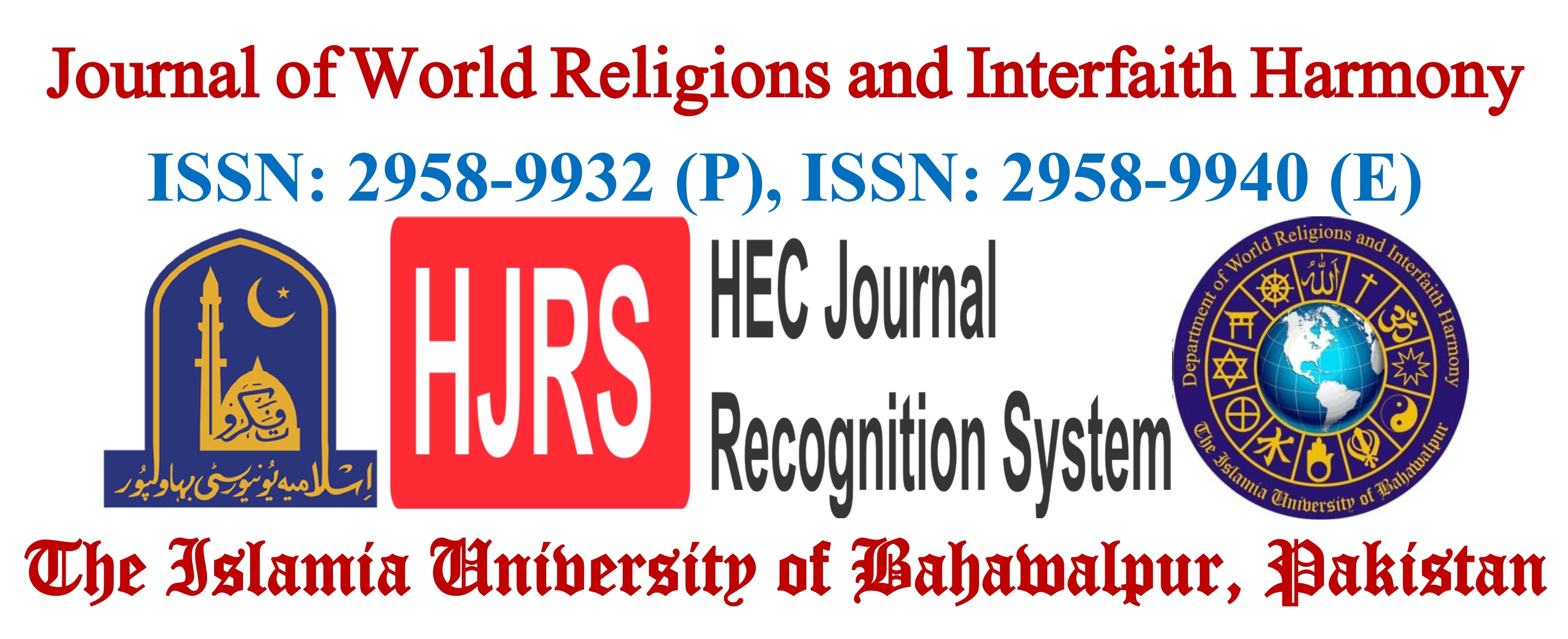Methodological Approaches of Contemporary Seerah Writings in the West: An Analytical Study
Abstract
Western perspectives, which view and portray Eastern religions and cultures through a biased social framework, often perpetuate stereotypes and misconceptions about the Islamic world. In the contemporary era, Western writers have introduced new perspectives and analytical frameworks to the study of Seerah. Western methodologies have evolved and adapted to the changing dynamics of global interactions and the complexities of cultural exchanges. The study of the Seerah (biography of Prophet Muhammad ﷺ) by Western scholars has been a significant area of academic interest. They have approached the Seerah with various methodologies that often reflect their distinct cultural, intellectual, and sometimes ideological perspectives. This article explores the predominant methodologies employed by western writers, such as the historical-critical method, comparative study, and textual criticism. The historical-critical method analyzes the authenticity of Islamic sources, while textual criticism focuses on the evolution and transmission of Seerah texts. The comparison method involves evaluating different sources or perspectives side by side to identify similarities, differences, and underlying patterns; these methodologies lead to skepticism about established Islamic traditions. Critical analysis of these methodologies identifies the biases, evaluates their credibility, and enhances knowledge that provides insights into the complexities of interpreting historical texts.
Downloads
Published
How to Cite
Issue
Section
License
Copyright (c) 2024 Lubna Iftikhar and Dr. Amir Hayat

This work is licensed under a Creative Commons Attribution-NonCommercial 4.0 International License.






